After 20 sessions, the Shangri-La Dialogue has become a prestigious brand, a leading forum for exchanging and discussing regional and international security challenges, issues of common concern, hoping to find new approaches and solutions...
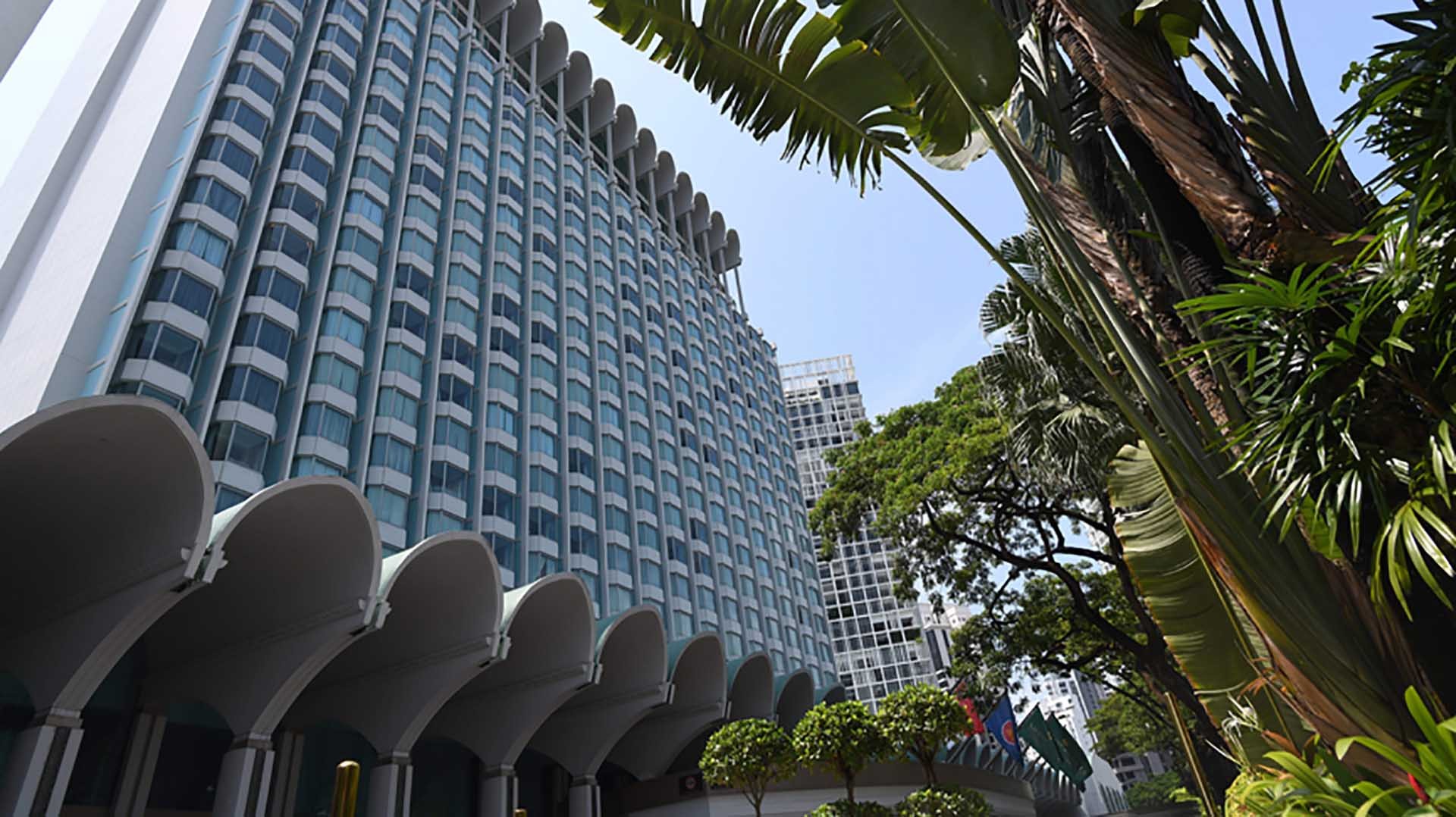 |
| The 21st Shangri-La Dialogue will take place at the Shangri-la Hotel, Singapore from May 31 to June 2. (Source: IISS) |
As scheduled, hundreds of high-ranking officials, Defense Ministers, Military Commanders, scholars, security experts... from nearly 50 countries gathered in Singapore to attend the 21st Shangri-La Dialogue, which lasted from May 31 to June 2.
In 2024, the world situation continues to evolve in a complex manner, with new unpredictable developments. The prolonged and fierce conflicts in Ukraine and the Gaza Strip may suddenly change, with the risk of an outbreak throughout the region. If all parties do not restrain themselves, storms and undercurrents may appear in the Taiwan Strait, the East Sea, the East China Sea, the Korean Peninsula, etc. Behind that are the roles and responsibilities of major countries, US-China and US-Russia relations.
The global and regional context makes countries more interested in the Shangri-La Dialogue in 2024. So what can we expect?
First, to exchange, discuss, and recognize recent trends and emerging developments in the world and the region. Since the beginning of the year, there have been about a dozen bilateral, “trilateral”, “quadrilateral” and multilateral regional and global summits. Notably, the members of the summits include rivals and countries that are in conflict and tension with each other. The China-Japan-Korea Summit on May 27 is such a case.
Except for the embargo policy aimed at the main rival, most countries do not want to “put all their eggs in one basket”; they try to minimize the impact of geopolitical competition and security confrontation on economic and trade cooperation. Some countries show signs of “reducing their ego”, and can make concessions within limits, in exchange for greater benefits, promoting cooperation, and pulling countries they care about away from the main rival.
Second, the international community expects countries to have a clearer understanding of their common responsibility for peace, stability, cooperation and development in the Asia-Pacific region and the world. First of all, the major powers have a leading role and great responsibility. At the same time, developing and emerging countries also have a very important role.
Third, countries have the opportunity to openly exchange and clarify their views on regional and global security risks and challenges and their own policies and strategies. Through this, they can find issues of common concern and mutually beneficial cooperation. Cooperation in economics, trade, people-to-people exchanges, etc., and promote cooperation in other areas, step by step, will contribute to building trust and preventing regrettable mistakes. On the other hand, through dialogue, the community will recognize who often “says but does not do what they say”.
This time, Defense Minister Dong Jun is expected to continue to mention China's concept of global security; concerns about alliances and security cooperation between the US and its allies, attracting some countries in the region to participate; the prospect of meeting with Japanese and Korean counterparts on the sidelines of the Forum, after the China-Japan-Korea Summit...
US Secretary of Defense Lloyd Austin focuses on the topic: Strengthening relations between the US and its allies and partners to support a vision of peace and stability in the region. The head of the Pentagon will visit and meet with a number of partners and allies to implement the US's policy.
The East Sea issue, including the dispute and collision at Scarborough Shoal/Co Thomas Shoal/Hoang Nham Island, will be discussed from different perspectives. According to information from the Philippines, President Ferdinand Marcos will deliver an important speech, most likely to discuss the situation, the cause of the conflict and Manila's viewpoint. China does not want to internationalize the issue, allowing outsiders to get involved.
Fourth, in addition to the plenary sessions, bilateral meetings between a number of countries; between the US, China and Southeast Asian countries, Japan, South Korea and a number of other countries are very important. In 2023, the US and Chinese defense ministers did not meet, so this year's bilateral dialogue is highly anticipated.
Fifth, synthesizing the above issues, what countries most want is to work together to find practical approaches, feasible solutions, build conflict management mechanisms, and gradually resolve conflicts... The core is to maintain regular communication channels, especially at high levels; build and strengthen strategic trust and the rule of law, both in statements and actions.
* * *
Some issues have been mentioned in previous dialogues, but this time there are still new features. With the current regional and world context, the international community has the right and can expect, but cannot hope, that the 21st Shangri-La Dialogue will create breakthroughs. The long, challenging journey must go through many small steps.
No one comes to the Shangri-La Dialogue just to show up. Dialogue to understand the world and regional context, to understand oneself, one's partners and opponents; to find common interests and obstacles that can be temporarily put aside for mutually beneficial cooperation is what the international community desires most and is also the meaning of the Shangri-La Dialogue in 2024. Expectation is one thing, but the results are another.
Source: https://baoquocte.vn/doi-thoai-shangri-la-co-the-va-khong-the-273159.html




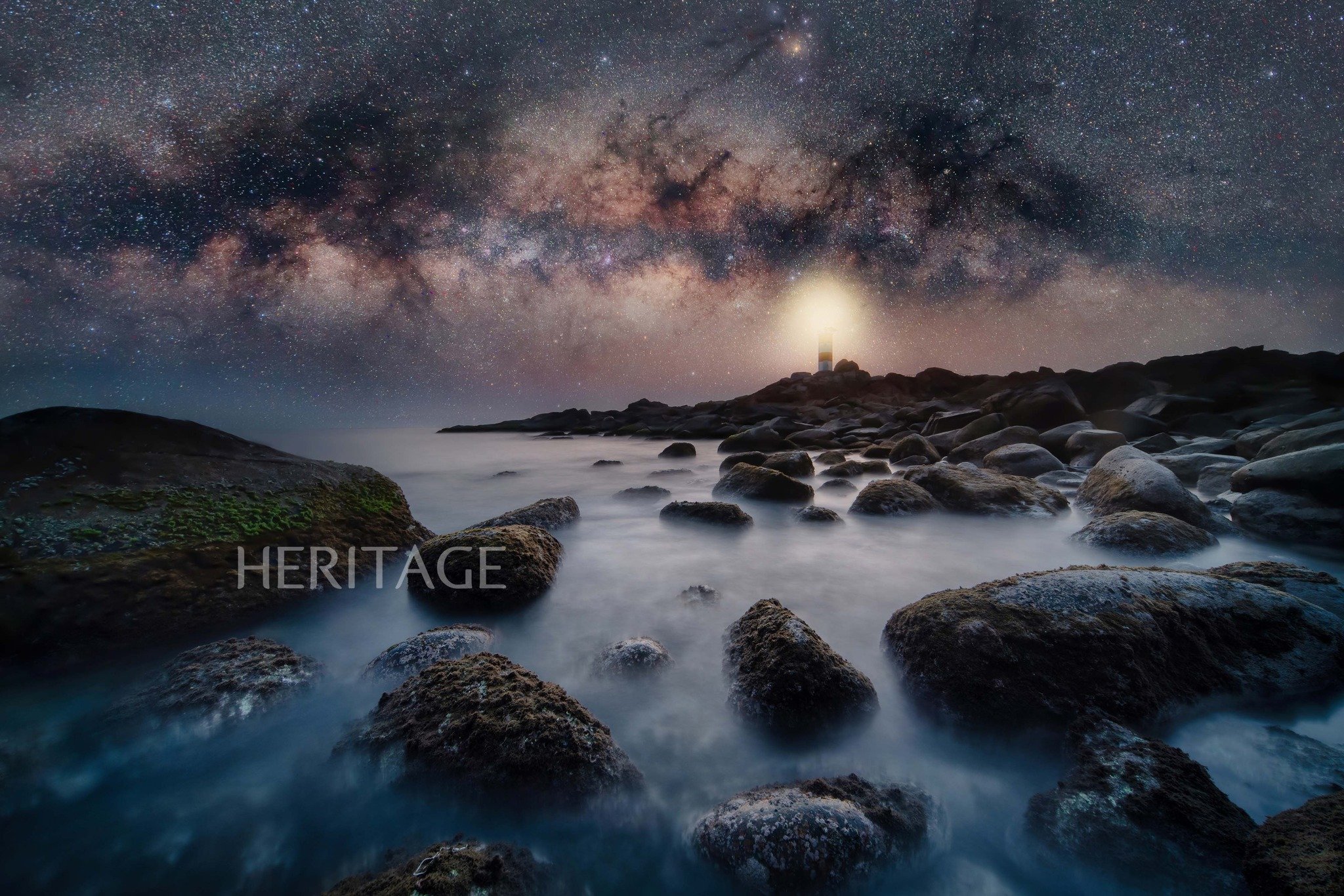
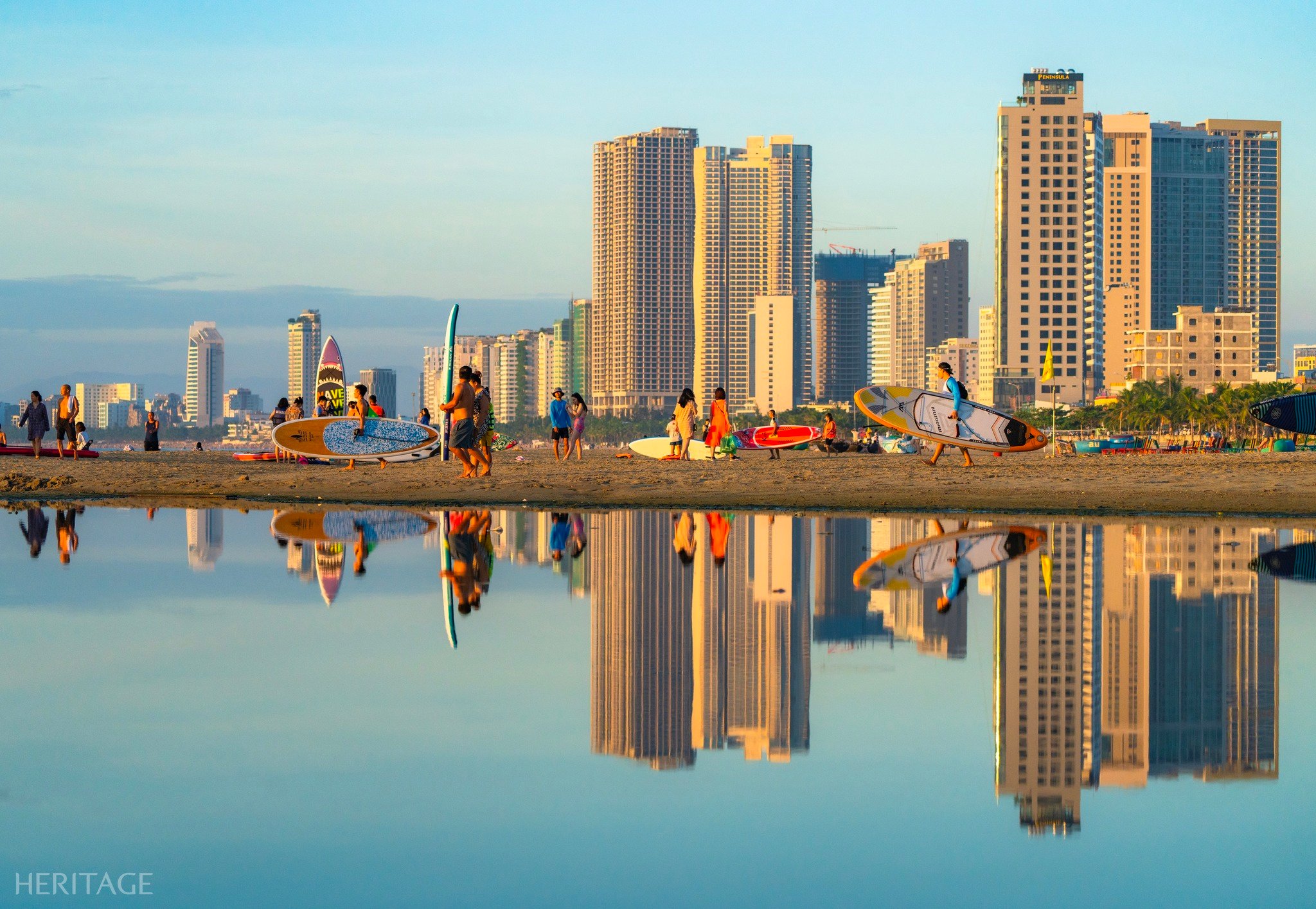

![[Photo] President Luong Cuong attends the International Conference with the theme "50 years of national reunification: The constructive role of Diplomacy in history and present"](https://vstatic.vietnam.vn/vietnam/resource/IMAGE/2025/4/23/679c155a5f3a46b5991d591f8ea1cb8f)


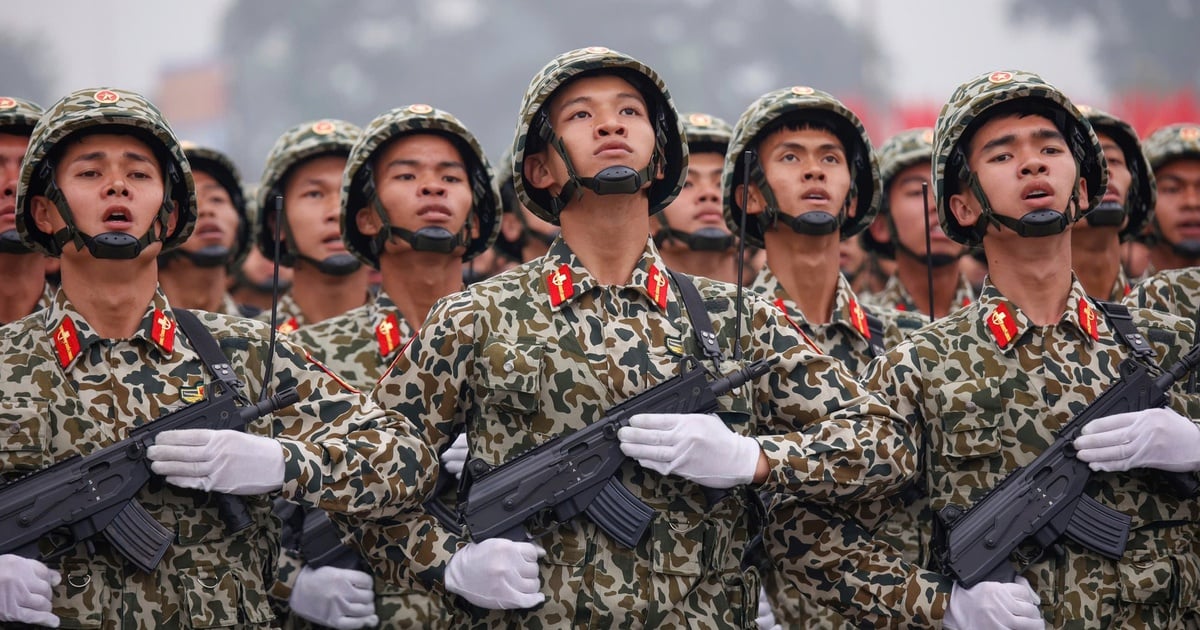



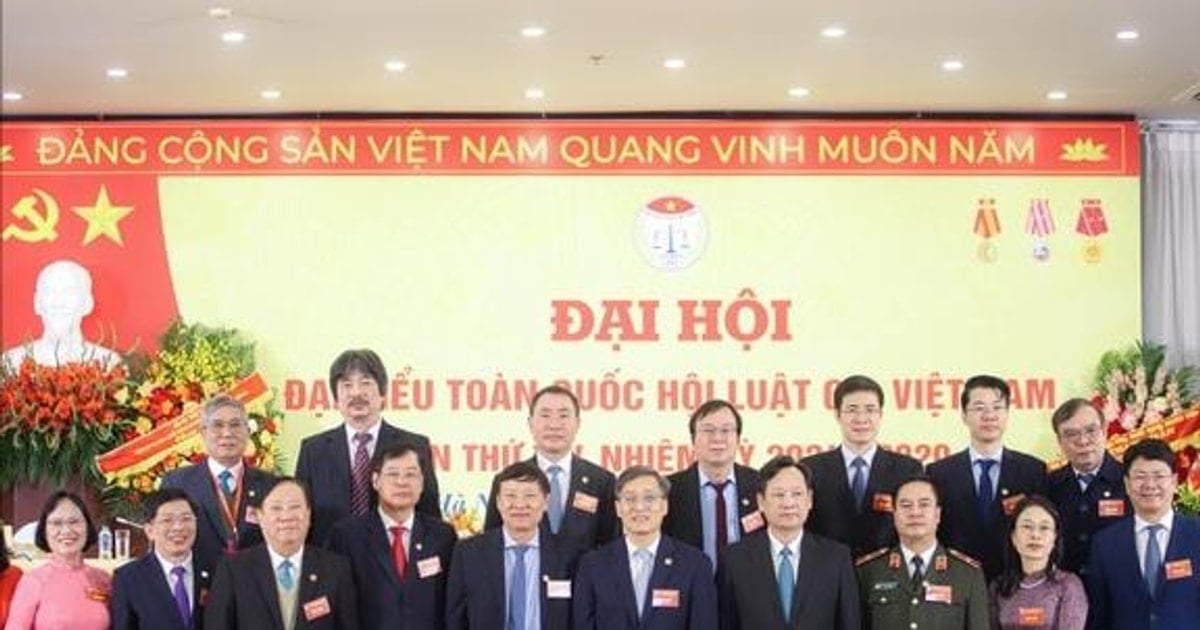



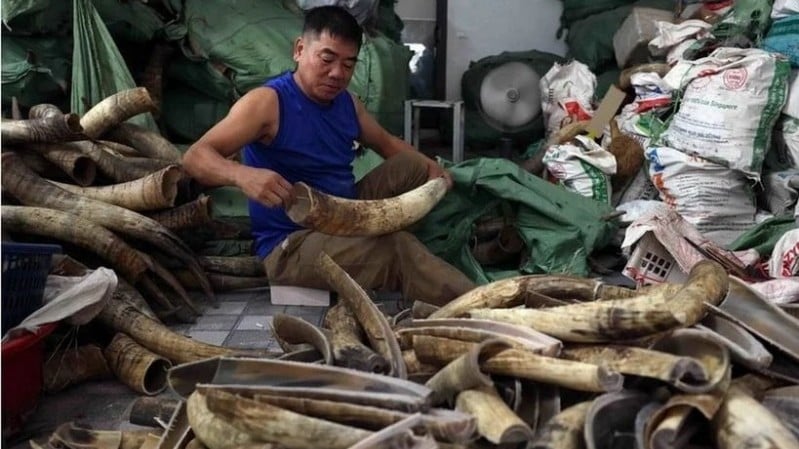

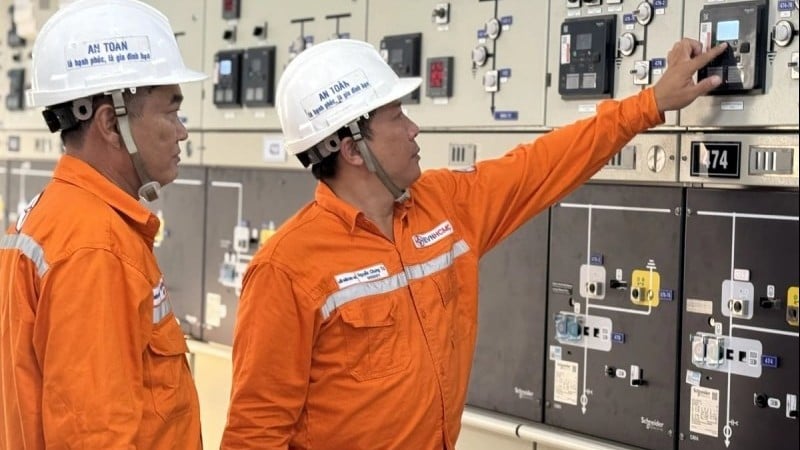
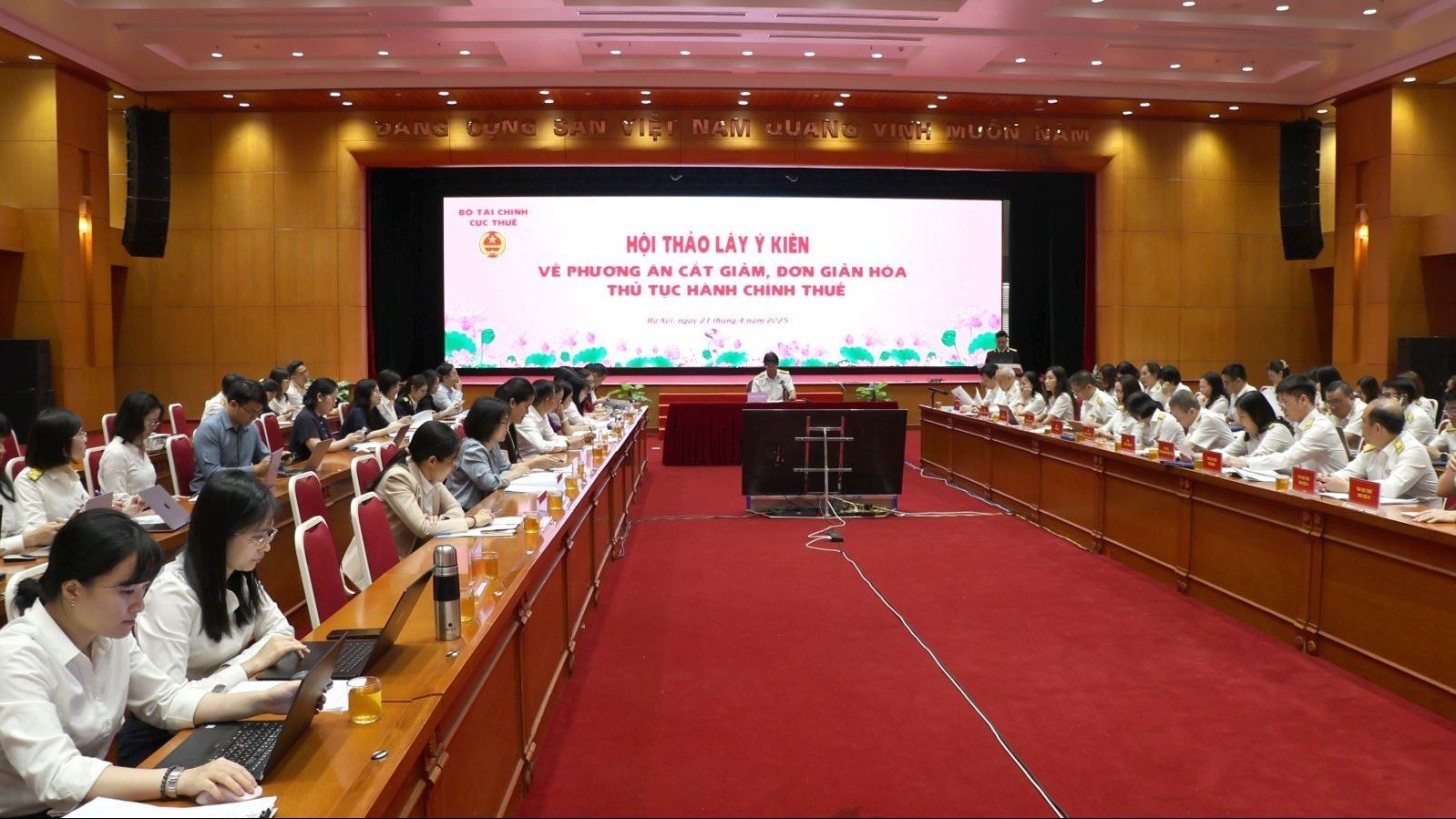
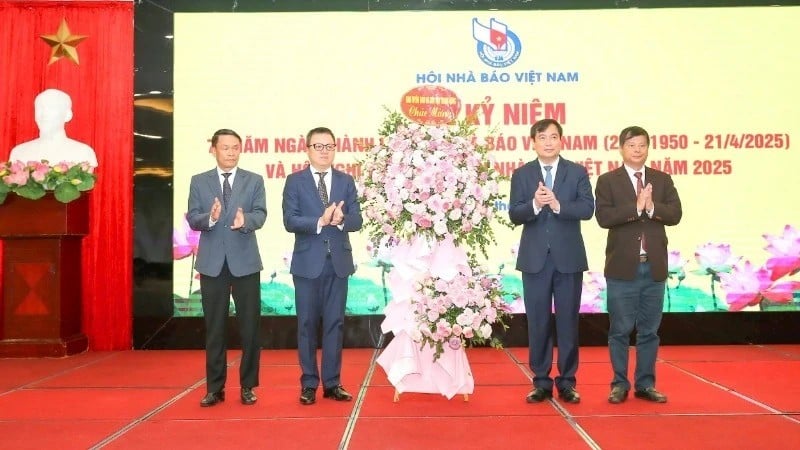
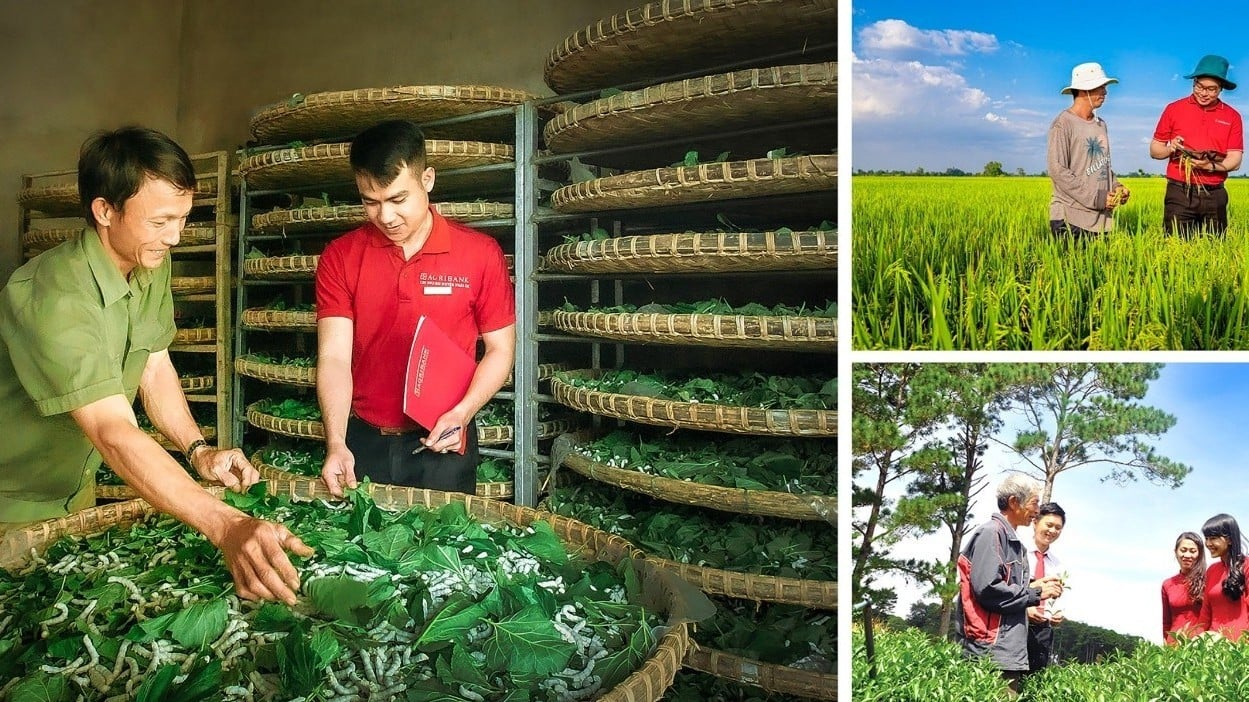

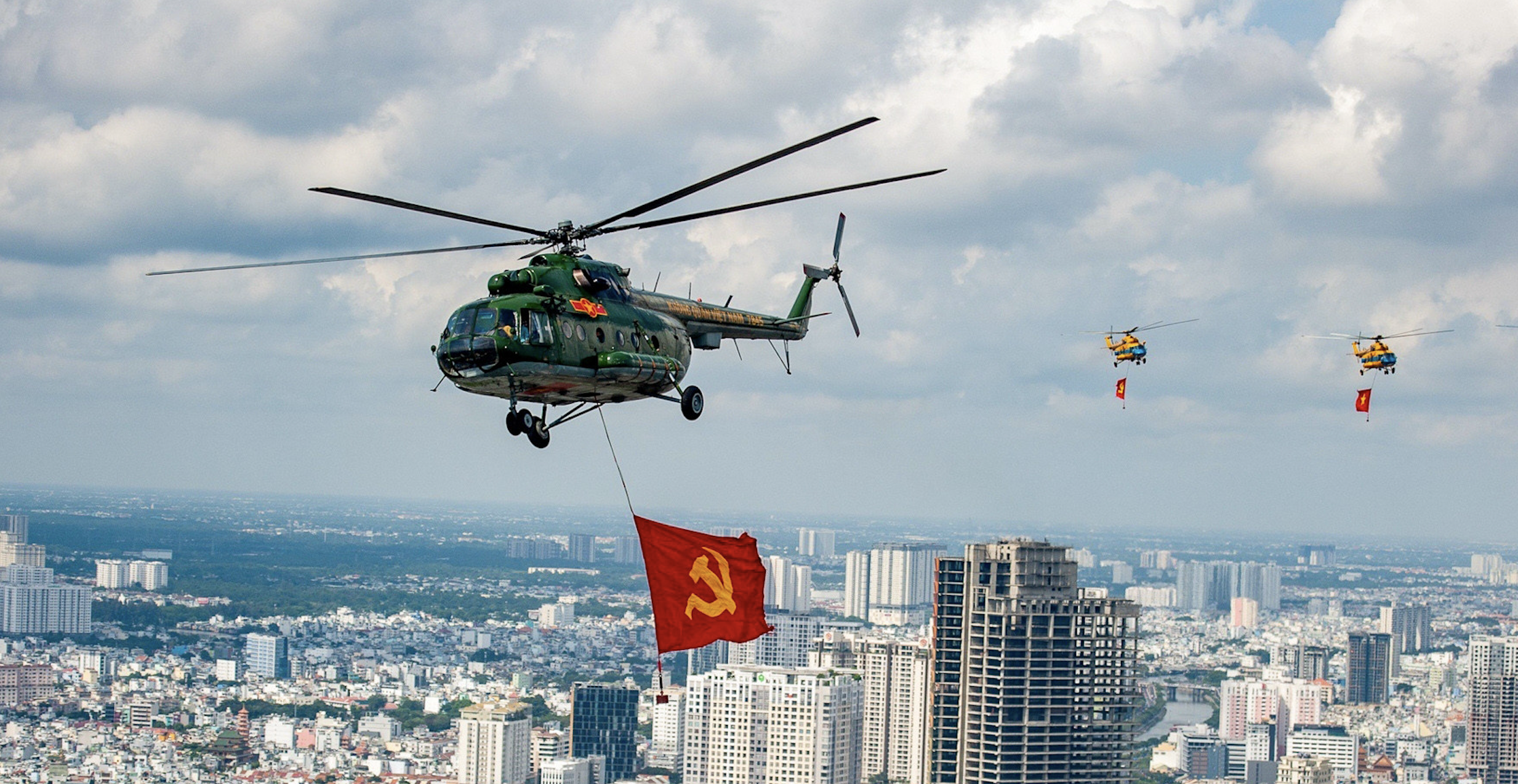
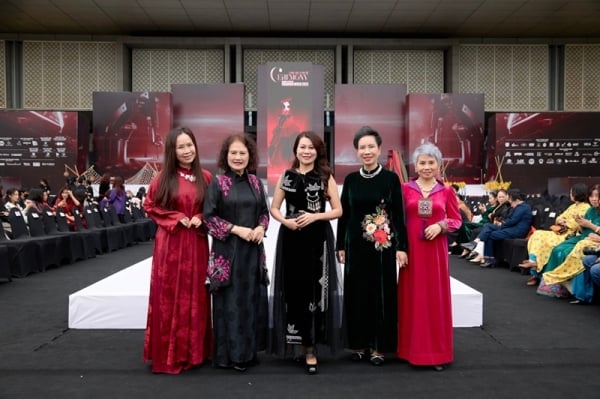
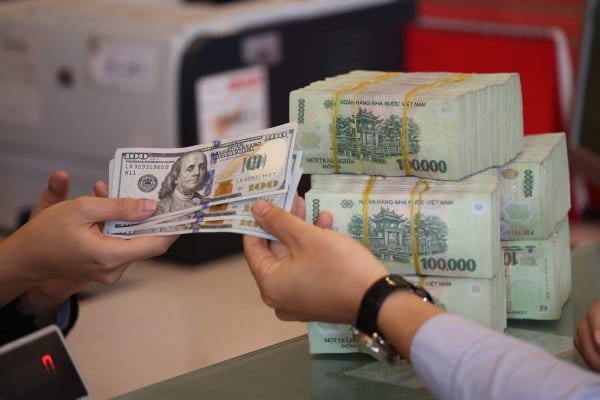
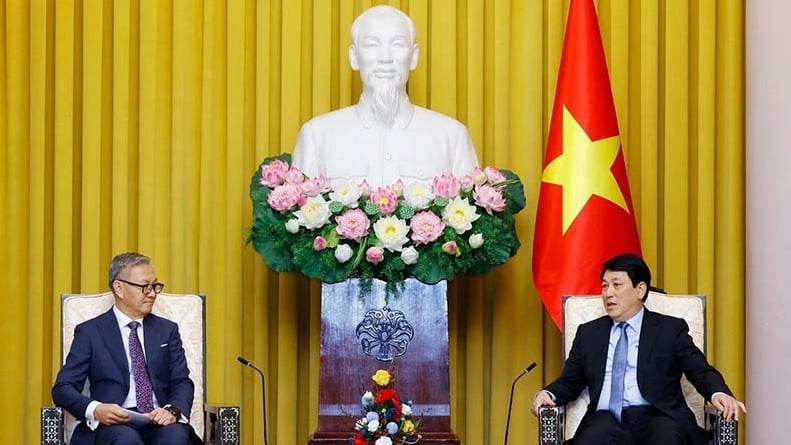
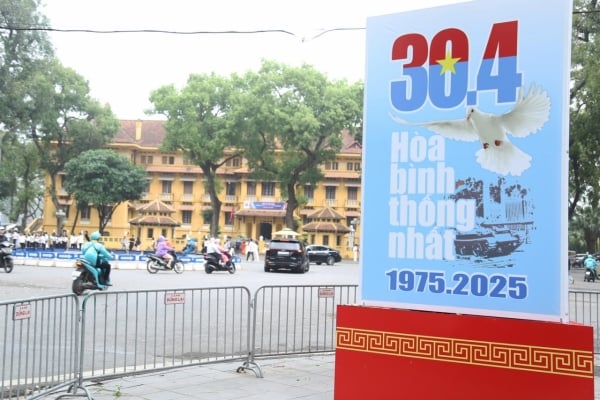

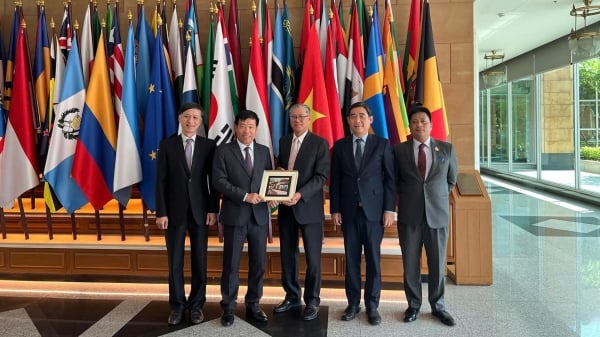
![[Photo] Ho Chi Minh City: Thousands of people watch the second parade rehearsal](https://vstatic.vietnam.vn/vietnam/resource/IMAGE/2025/4/23/7966ae78acf04aa8892bcab4ba7a621c)
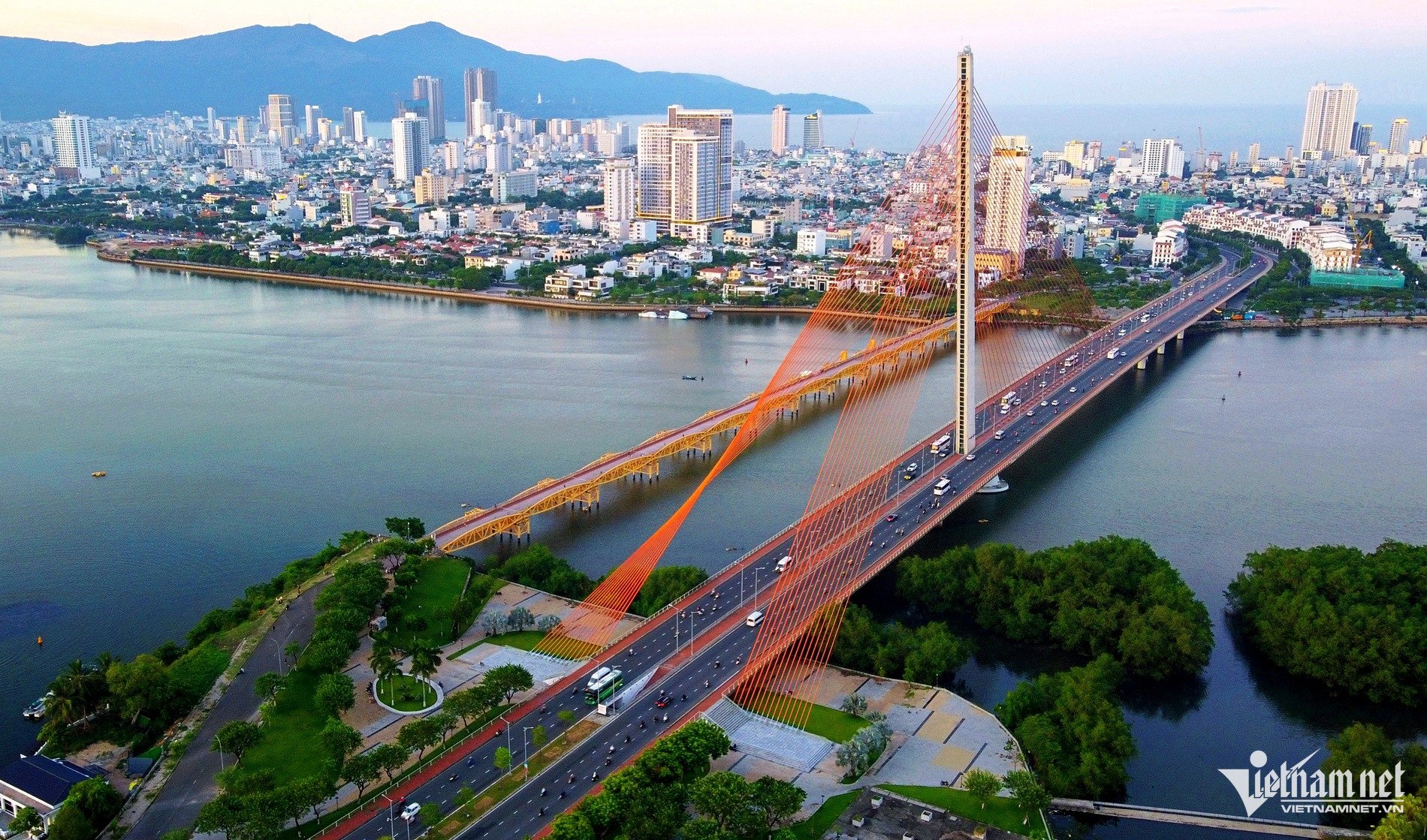
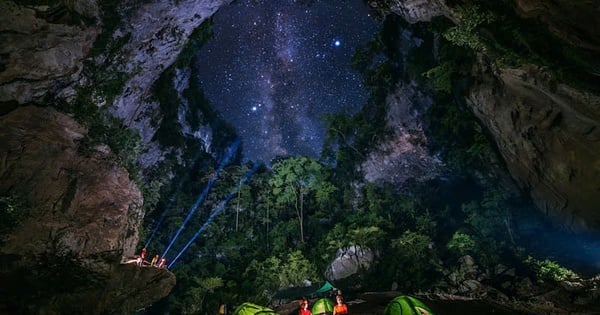






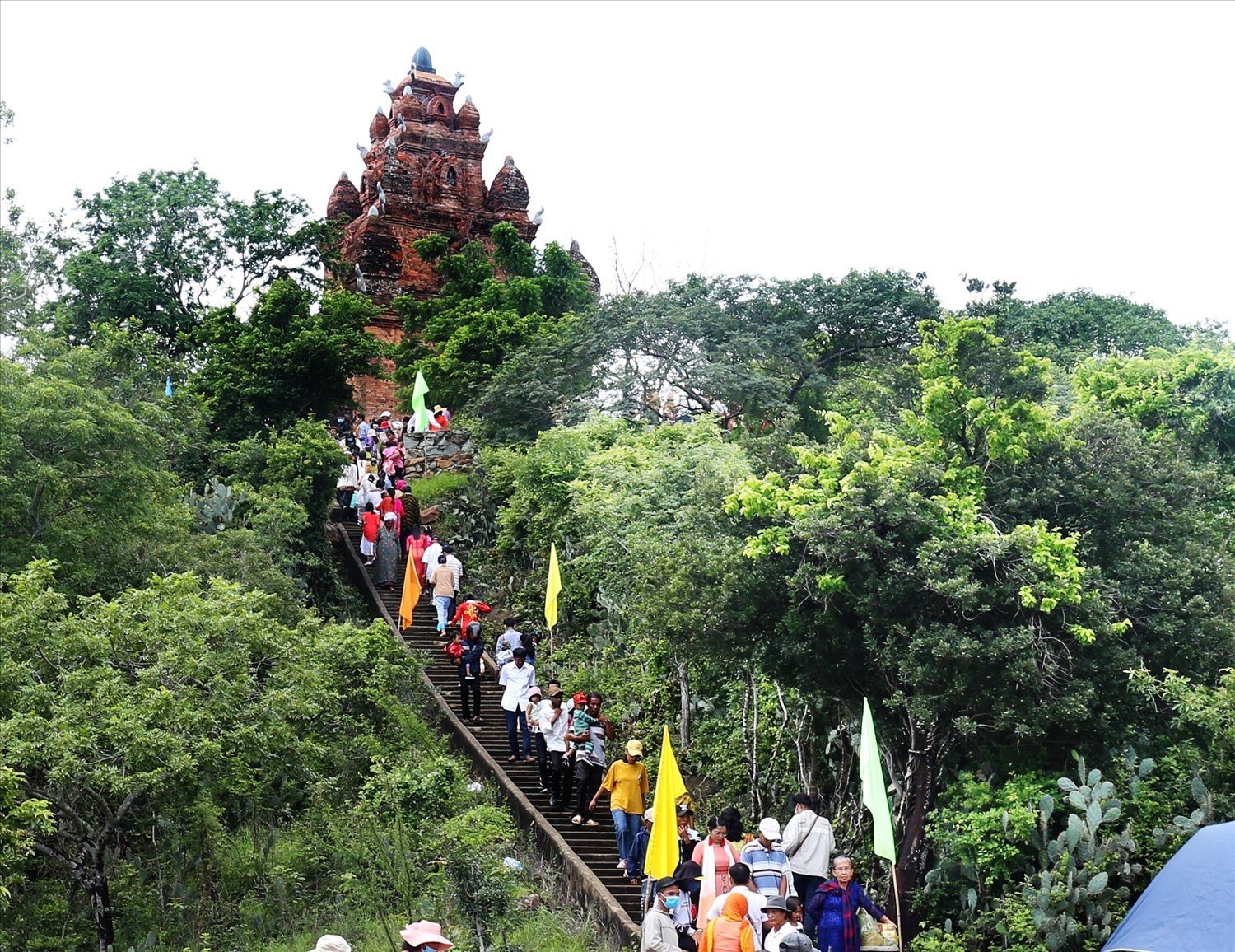






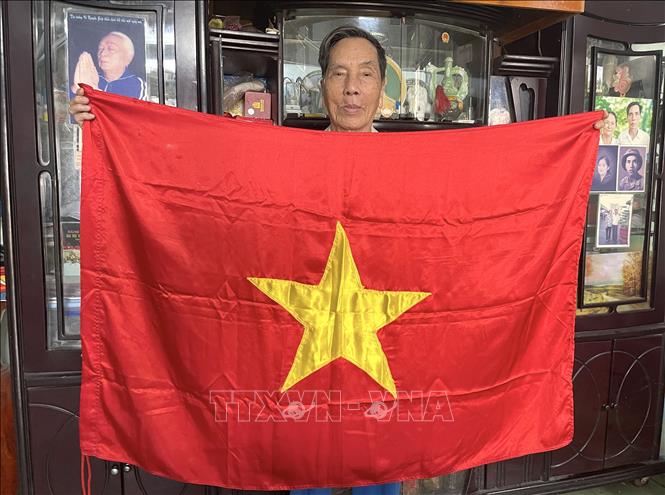



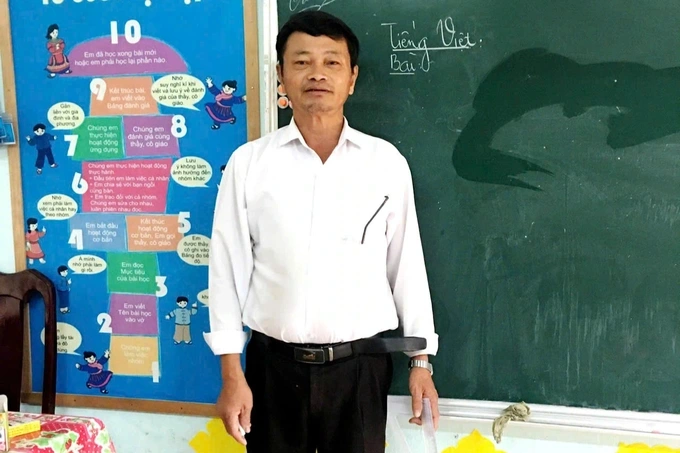
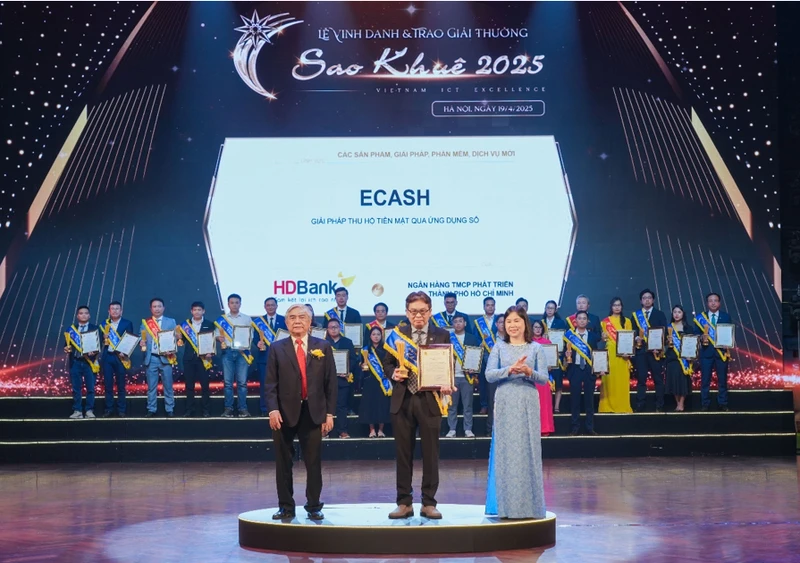
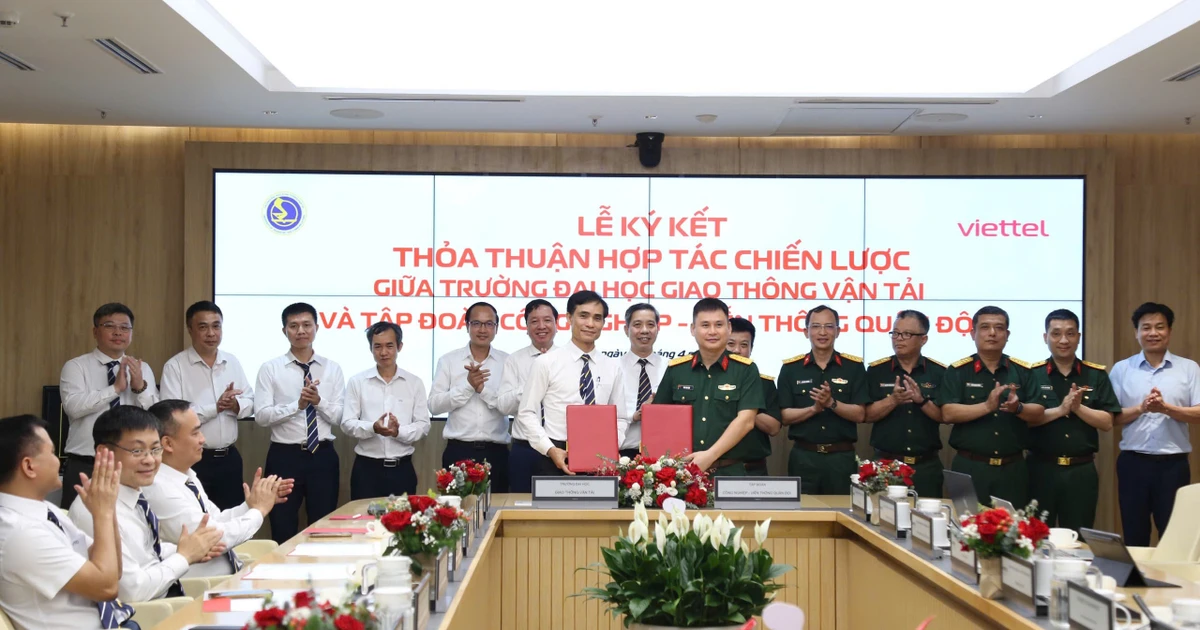



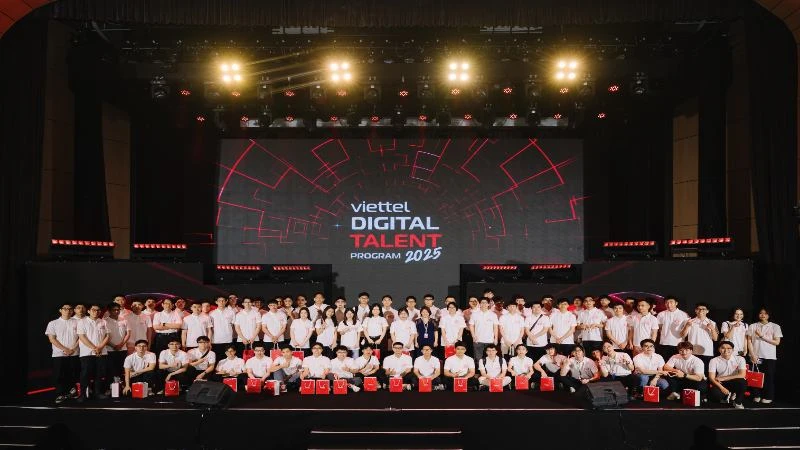


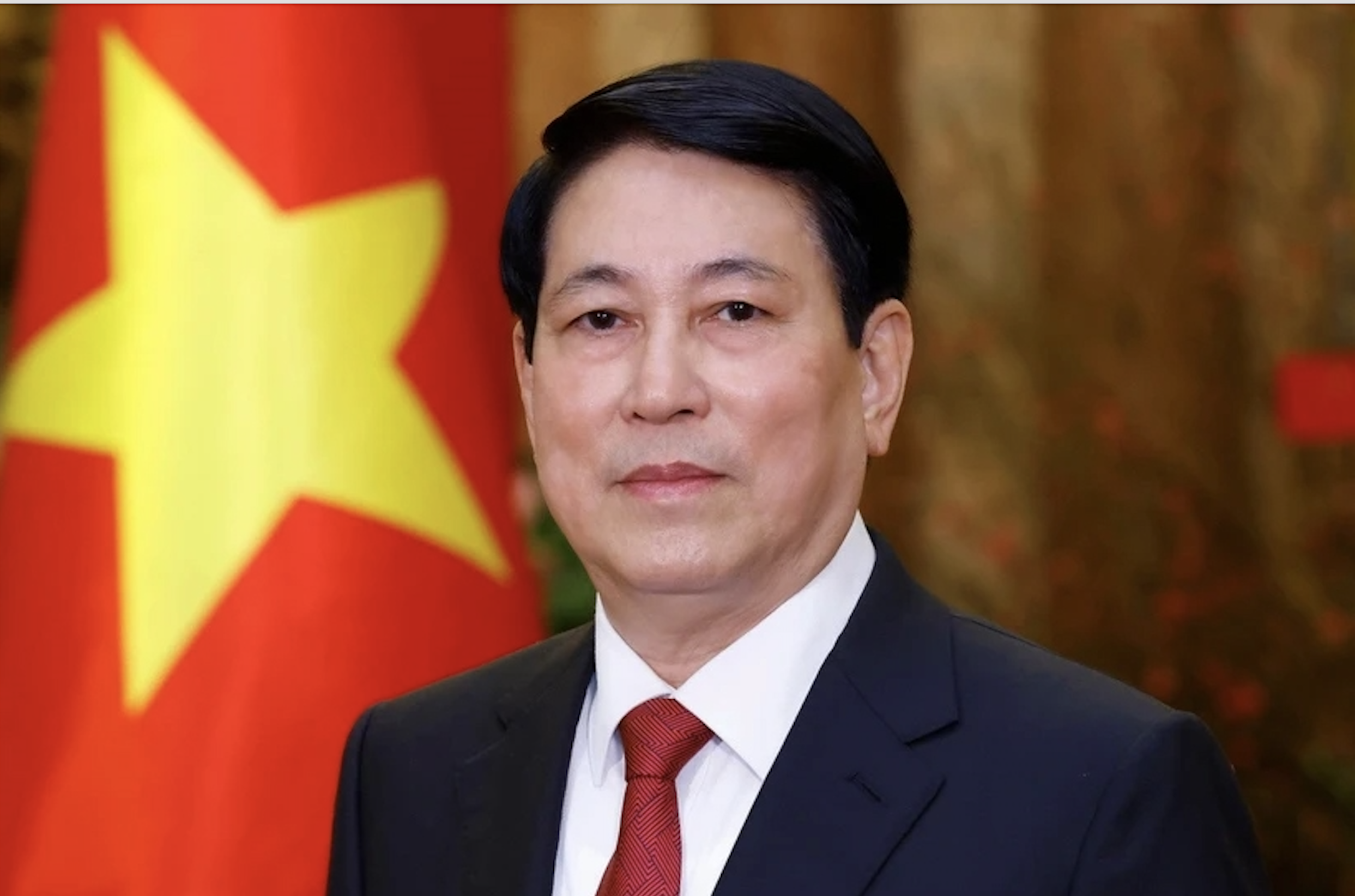
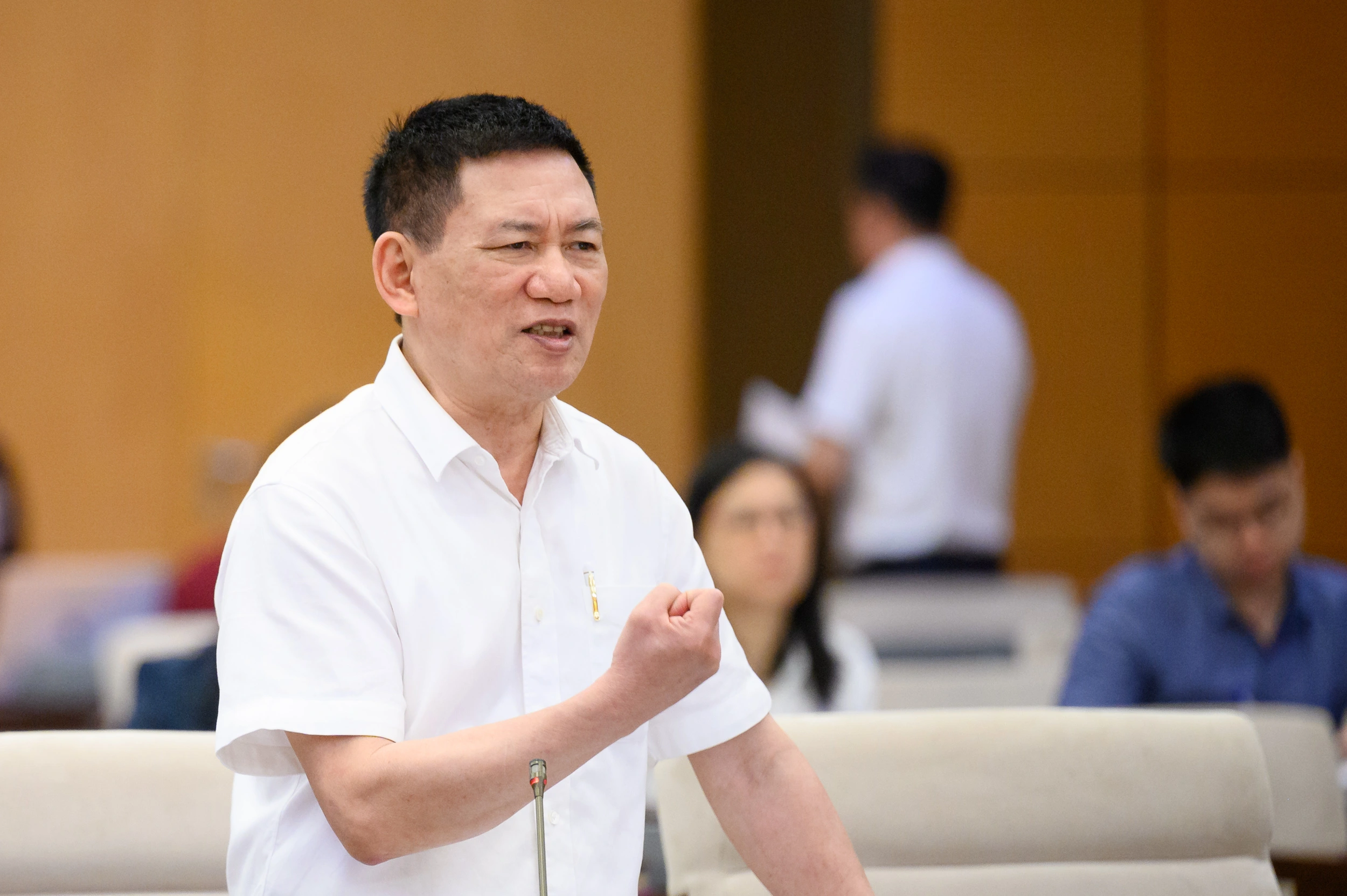

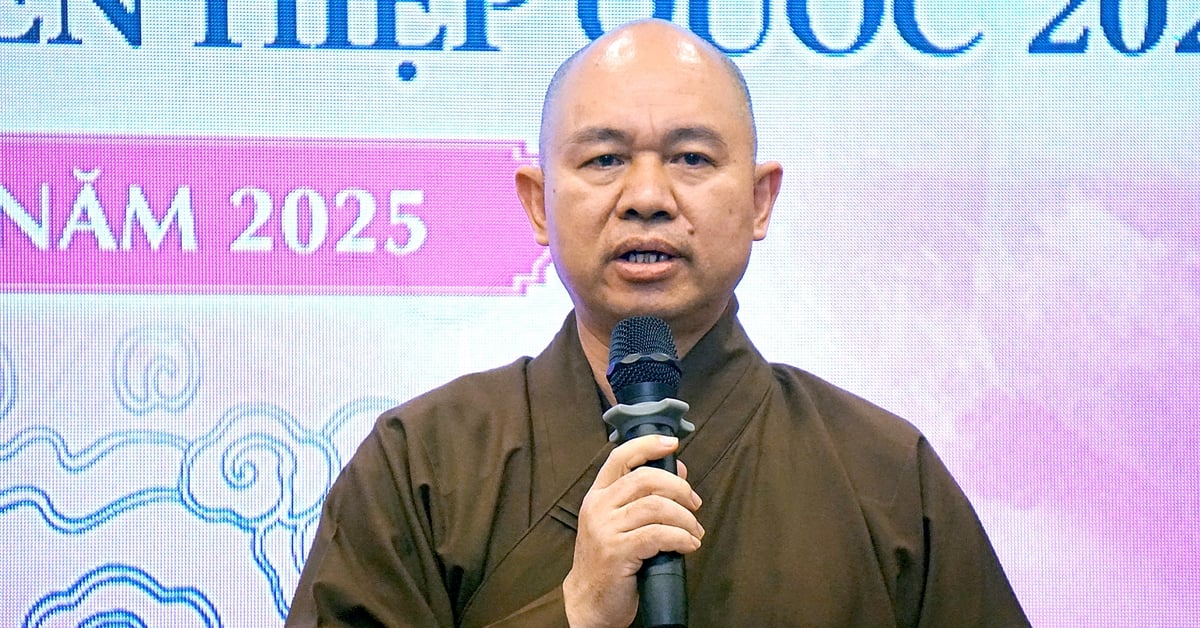

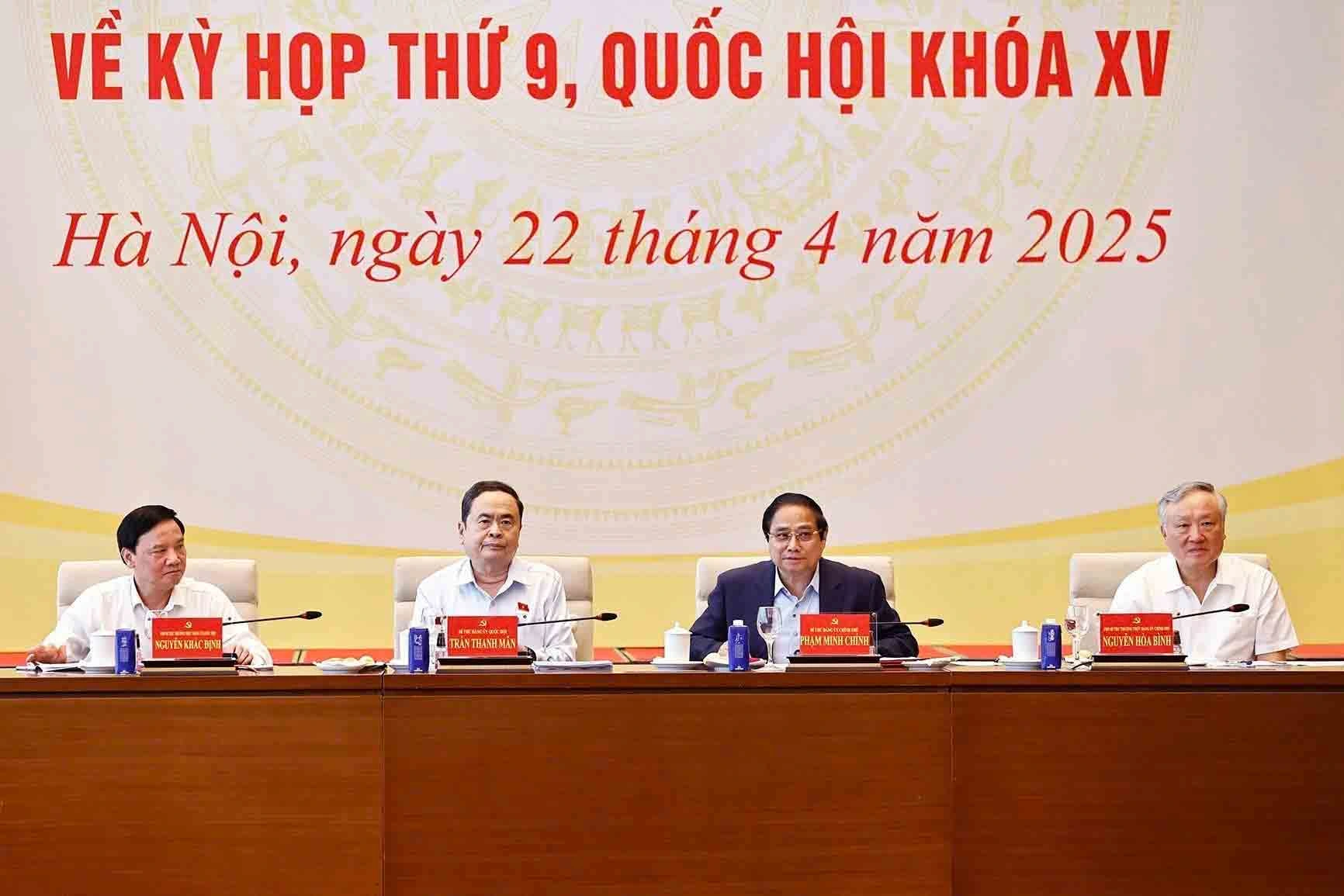
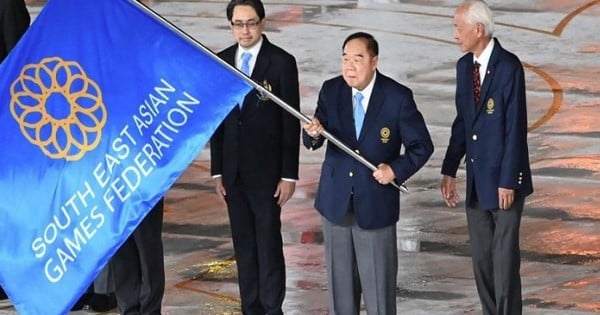


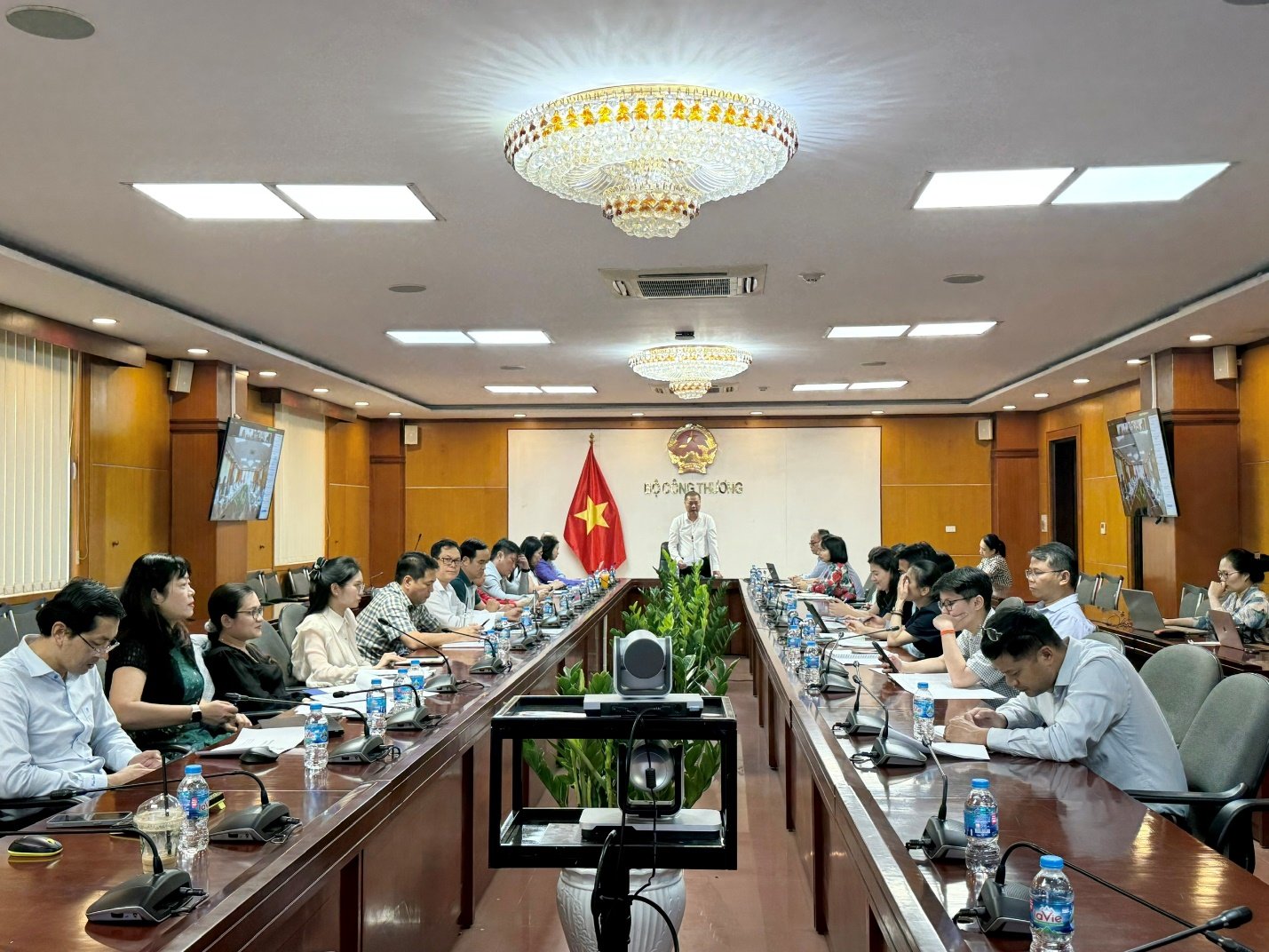

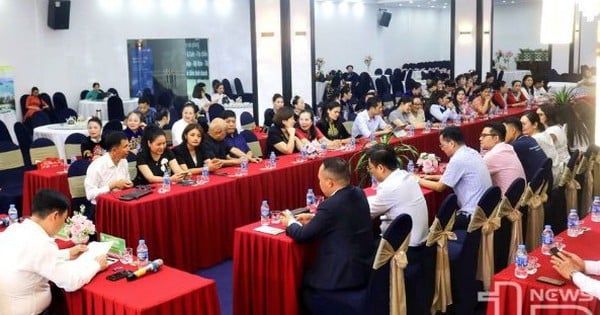
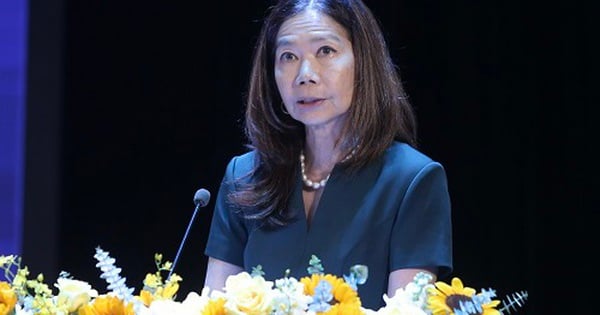

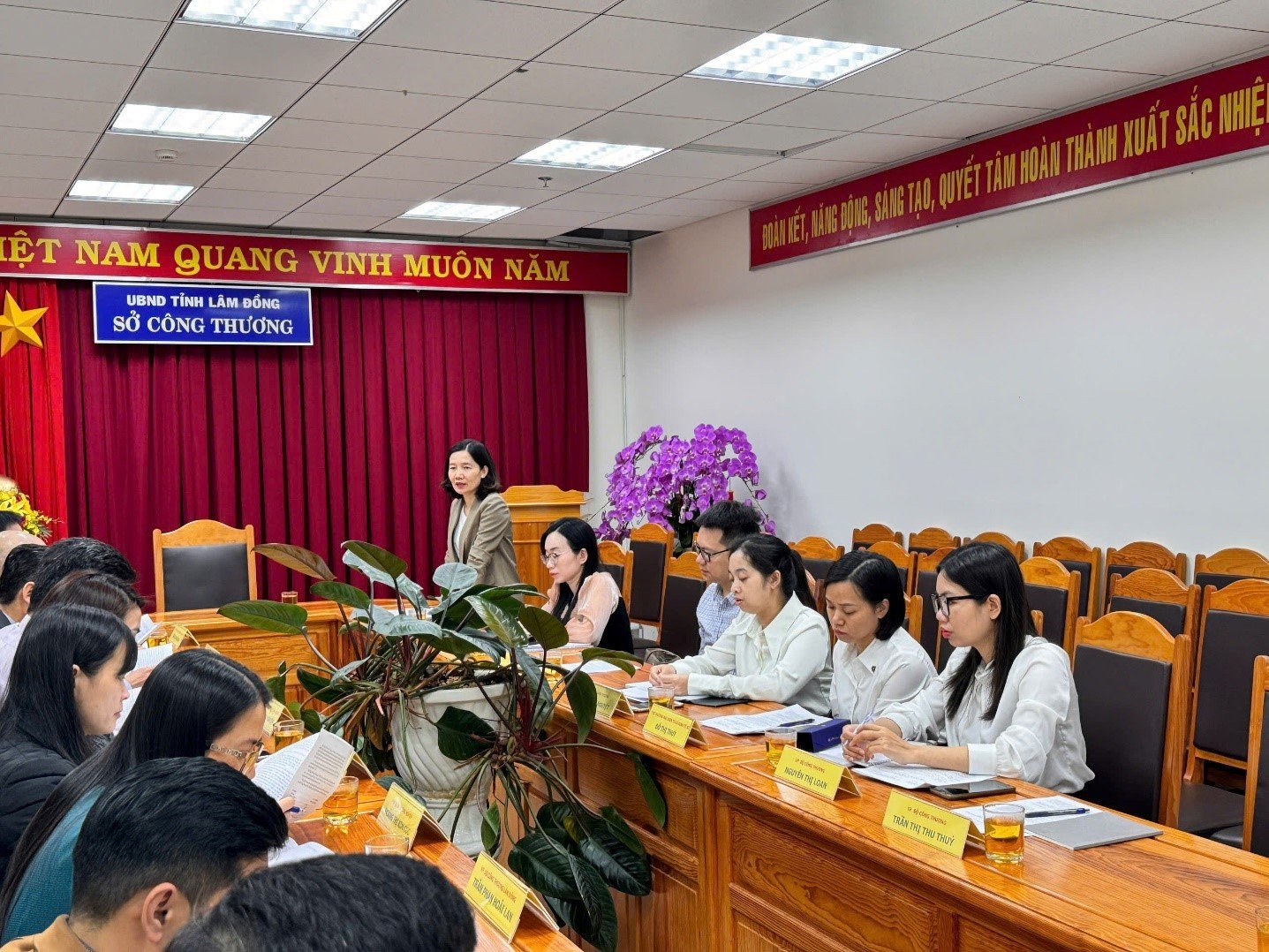


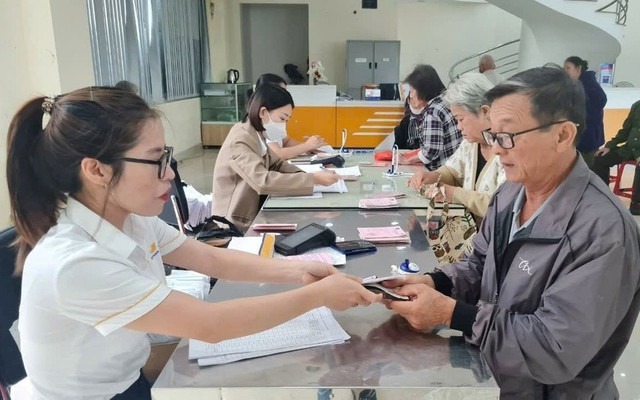



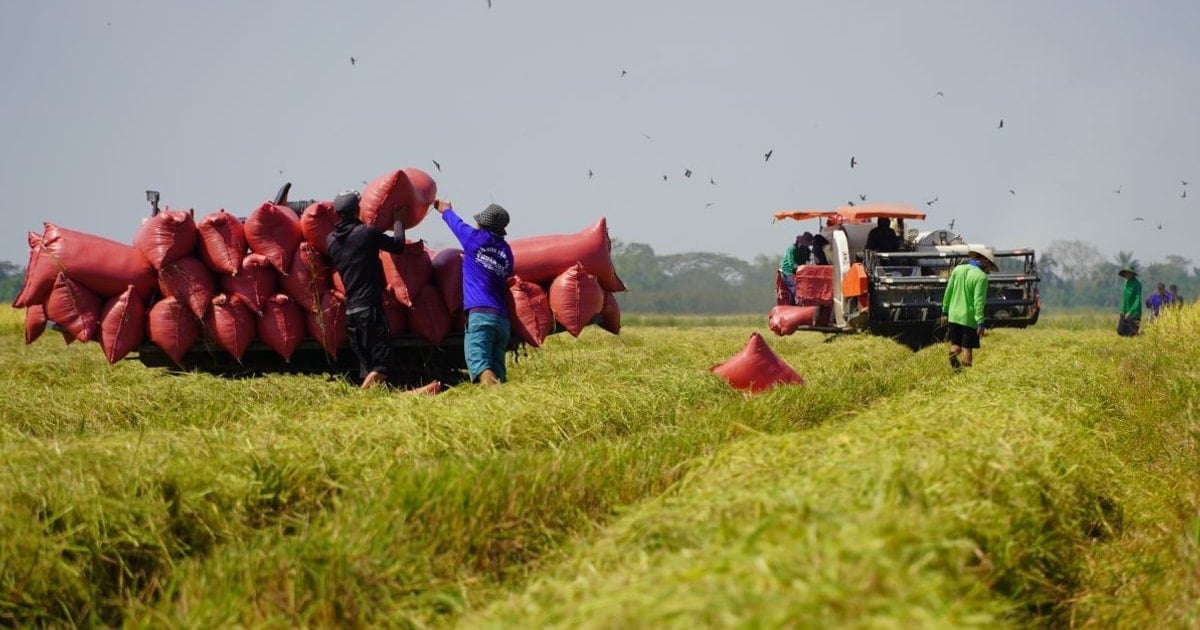
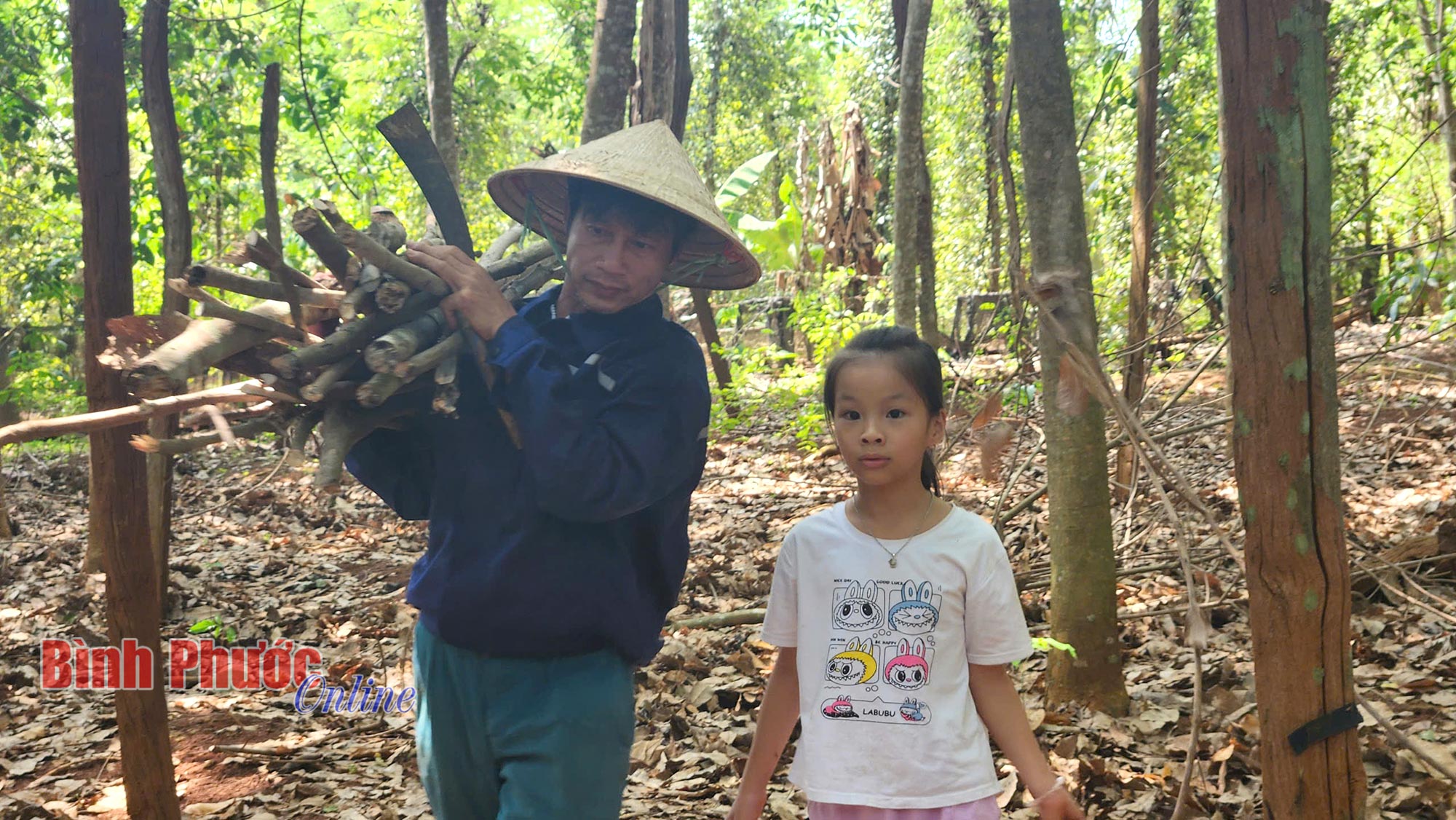




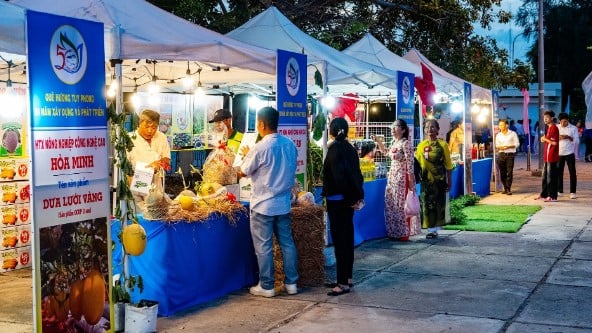




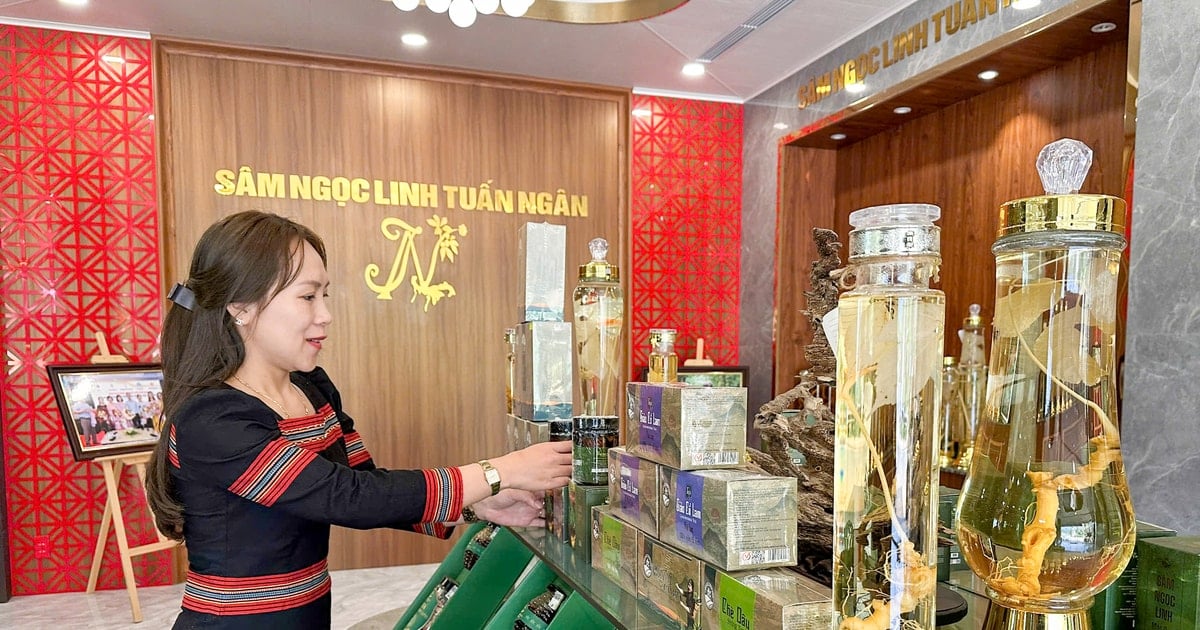
Comment (0)